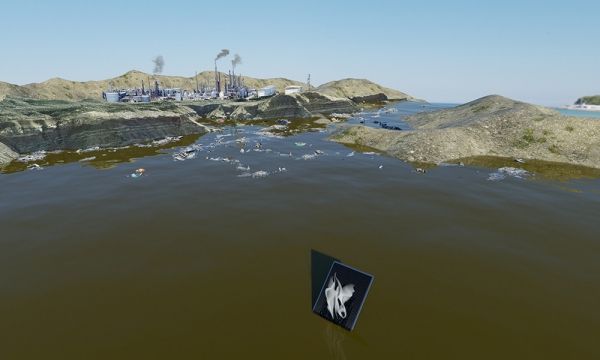By etching metal with ultrashort laser bursts, Rochester researchers demonstrate a way to purify water without wasting energy.
Amid the coronavirus pandemic, people in developed countries are assured of ample supplies of clean water to wash their hands as often as needed to protect themselves from the virus. And yet, nearly a third of the world’s population is not even assured of clean water for drinking.
University of Rochester researchers have now found a way to address this problem by using sunlight—a resource that everyone can access—to evaporate and purify contaminated water with greater than 100 percent efficiency.
How is this possible?
In a paper in Nature Sustainability, researchers in the laboratory of Chunlei Guo, professor of optics, demonstrate how a burst of femtosecond laser pulses etch the surface of a normal sheet of aluminum into a superwicking (water-attracting), super energy-absorbing material.
Read more at University Of Rochester
Image: Solar-based water purification is much more effective at reducing contaminants than simply boiling water. There are various methods of solar-based purification, but none has been as efficient as a new method developed in the lab of University of Rochester optics professor Chunlei Guo that uses laser-etched aluminum panels. Credit H.M. Cao/ University of Rochester; reprinted with permission of Nature Sustainability


